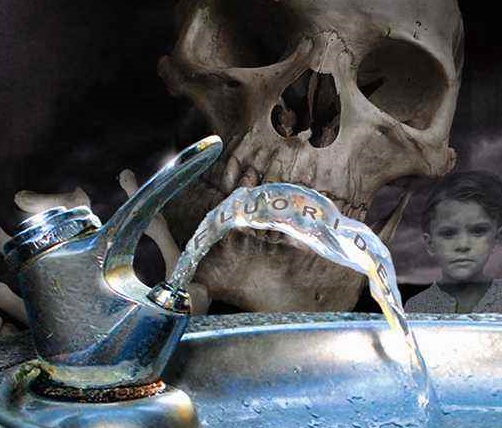The social media generation is more prone to depression, self-harm
08/23/2019 / By Stephanie Diaz

According to experts, teenagers today are more likely to suffer from depression and engage in self-harm compared to those of the same age 10 years ago. It is believed that social media has an influence on the perception of self and body image of the “Generation Z” or post-millennials.
Researchers from the University College London and The University of Liverpool compared the behavior of children born 10 years apart – those born in 1991 and 1992 and those born in 2000 and 2001 – by reviewing data from the Bristol Children of the Nineties survey. They also took note of personal characteristics like sex, ethnicity, and class background.
The social media generation is more likely to suffer from depression
They found that only nine percent of people born in the ’90s suffered from depression in their teenage years, against 15 percent for those born in the “social media generation.” They also found that the younger group was more likely to engage in self-harm than the older group.
Children born in the ’90s usually get a full night sleep during weeknights. This was not observed in the younger generation. The researchers attributed poor sleep to increased smartphone and social media use, which have been linked to symptoms of depression. (Related: Social media is actually ISOLATING teens: Doctor warns parents of serious risks associated with heavy smartphone use.)
The younger generation also has a higher tendency to photoshop images or apply photo filters in an effort to achieve “perfection.” In effect, more and more teenagers suffer from low self-esteem driven by concerns with self-image and body image.
“The increasing trends of poor sleep, obesity and negative body image might help explain rising mental health difficulties experienced by young people,” explained co-author Praveetha Palay. “Striking increases in mental health difficulties, BMI [body mass index] and poor sleep related behaviors highlight an increasing public health challenge. Identifying explanations for these high prevalences and changing trends are key for preventing further poor physical and mental health for future generations of young people.”
The researchers observed that certain behaviors that were prevalent during the ’90s were not present in the younger generation. The number of children who punched or kicked someone at the age of 14 has decreased from 40 percent to 28 percent. Vandalism offenses also decreased from six percent to two percent.
Alcohol use has also decreased. At the age of 14, approximately half of the teenagers of the older generation have already tried alcohol. However, this number has dropped to 44 percent. The same trend was observed with cigarette use. Only one percent of the post-millennials experienced smoking at the age of 14 compared to seven percent of the children from the ’90s.
In previous studies, substance use and antisocial behavior have been linked to poor mental health. However, researchers noted that while trends show that there is a decrease in these behaviors, it does not necessarily correlate with improved mental health. Moreover, they want to use these observations to identify people who have mental health issues.
“Understanding the nature of these associations and their dynamic nature over time could be valuable in identifying what the risk factors are for mental health problems, and might help us find potential targets for interventions,” said the researchers.
Ways to improve self-esteem
Depression and low self-esteem are often linked together. Low self-esteem is a risk factor for depressive symptoms. While it is not easy to battle and get over low self-esteem, there are daily practices that can improve your perception of self-worth.
- Avoid thinking negatively: Studies show that negative thinking is highly related to low self-esteem. Moreover, depression can cloud judgment and the ability to make sound decisions. Therefore, it is essential to address negative thinking by asking yourself whether your thoughts represent reality or it’s just all in your mind.
- Keep a journal: Keeping negative thoughts to yourself can only make them worse. Writing thoughts and feelings down in a journal can be a cathartic experience. It will also help you remember all the good things that are present in your life.
- Look for support: Surround yourself with people who know who you are, see the good in you, and will not judge you for your weaknesses. These people will not only help you to be a stronger person, but will also solidify the positive perception of yourself.
If you’re ready to start living a more positive life, you can try some mindfulness exercises to help lift up your spirits and set a positive mood for the day. Learn more at MindBodyScience.news.
Sources include:
Tagged Under: Anxiety, beatdepression, body image, brain health, cognitive health, depression, low self-esteem, mental health, millennials, obesity, photoshop, poor sleep, research, self worth, self-harm, Social media, teenagers
RECENT NEWS & ARTICLES
COPYRIGHT © 2017 BRAIN NEWS


















